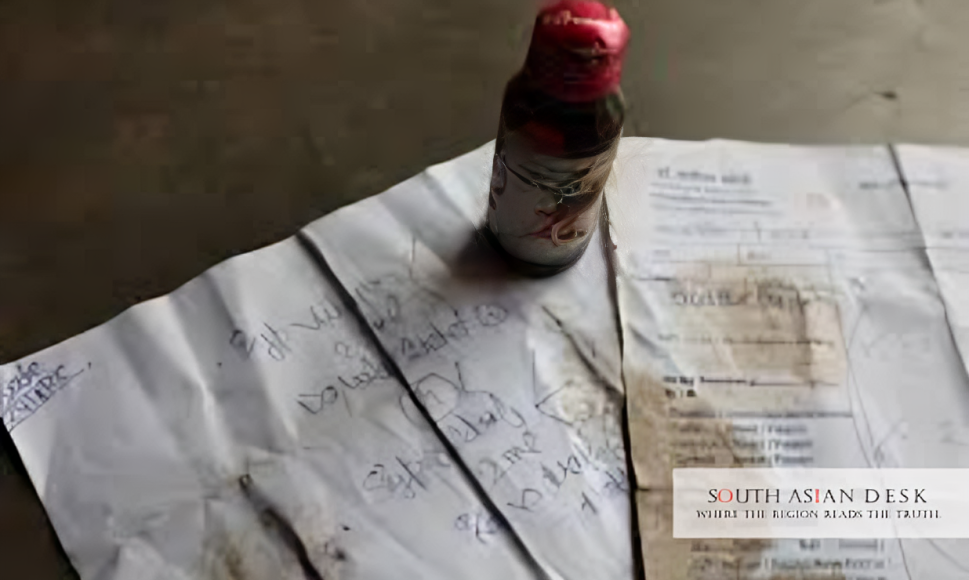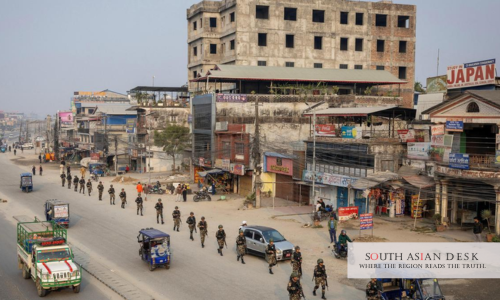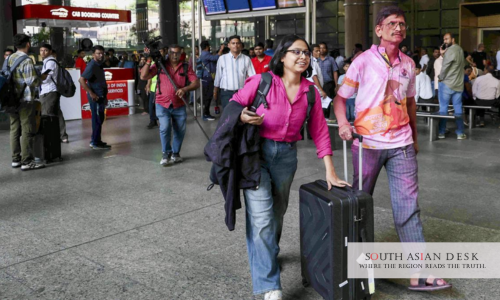New Delhi, Friday, October 17, 2025 – The India drugmakers upgrade plants crisis intensified as authorities refused further extensions for companies to meet WHO standards, following 24 child deaths linked to contaminated cough syrup in Madhya Pradesh. This decision, announced at a recent industry conference, aims to prevent future tragedies after repeated contamination incidents.
The India drugmakers upgrade plants crisis underscores the urgent need for enhanced manufacturing standards across South Asia’s largest pharmaceutical hub, where India’s exports supply critical medicines to neighbouring countries like Pakistan, Bangladesh, and Nepal, potentially impacting regional health security if quality lapses persist.
Background on Cough Syrup Deaths India Upgrades
The roots of the India drugmakers upgrade plants crisis trace back to late 2023, when the government revised Schedule M under the Drugs and Cosmetics Rules, 1945, to align with WHO good manufacturing practices. This overhaul required pharmaceutical firms to upgrade facilities to prevent cross-contamination, ensure batch testing, and maintain stringent quality controls.
According to the official notification dated December 28, 2023, large manufacturers with turnover exceeding INR 2500 million were given six months to comply, while small and medium enterprises with turnover up to INR 2500 million received 12 months. The revisions mandated pharmaceutical quality systems, risk management, product quality reviews, and validated equipment, among other requirements.
In February 2025, the Ministry of Health and Family Welfare conditionally extended the deadline for small and medium firms to December 31, 2025, provided they submitted upgrade plans in Form A within three months from February 11, 2025. This extension addressed concerns over infrastructure improvements, personnel training, and financial resources.
However, the cough syrup deaths India upgrades narrative shifted dramatically with recent fatalities. In Madhya Pradesh, 24 children died after consuming Coldrif cough syrup produced by Sresan Pharmaceutical Manufacturer. Government tests revealed the syrup contained 48.6 percent diethylene glycol, far exceeding safe limits. The manufacturer had not upgraded its facilities to WHO standards, leading to the revocation of its licence and arrests, including the founder on manslaughter suspicions.
This incident echoes earlier global scandals. In 2022 and 2023, India-made cough syrups were linked to over 140 child deaths in Gambia, Uzbekistan, and Cameroon due to similar contaminations. These events damaged India’s reputation as a leading generic drug exporter, prompting the initial push for upgrades.
India Pharma WHO Standards Deadline Pressures
The India pharma WHO standards deadline now stands firm at year-end 2025, with no further delays granted despite pleas from industry lobbies. Small and medium enterprises, which account for about 40 percent of India’s drug production, argue that upgrade costs could lead to closures, shortages, and unemployment.
Inspections of Sresan’s facilities uncovered critical violations, including inadequate structures unfit for production. Authorities have since mandated testing of oral liquids for diethylene glycol and ethylene glycol before sale, as per an October 13, 2025, presentation by the Indian Pharmacopoeia Commission.
The India drugmakers upgrade plants crisis highlights disparities in enforcement. While export-bound cough syrups underwent additional government lab testing since 2023, domestic products faced less scrutiny until recently. Regulators plan to phase out this export rule once upgrades are complete, shifting responsibility to manufacturers.
Data from the Central Drugs Standard Control Organisation indicates India’s pharmaceutical sector, valued at USD 50 billion, comprises around 3000 companies operating over 10000 factories. Two dozen large firms dominate production, positioning them to fill gaps if smaller units falter.
In Parasia, Madhya Pradesh, community responses included door-to-door collections of remaining Coldrif bottles and temporary closures of pharmacies lacking documentation.
Impacts of Cough Syrup Deaths India Upgrades
The cough syrup deaths India upgrades have sparked public outrage, with families demanding accountability. One affected parent stated that simple medicines should not turn lethal, urging stricter oversight to protect future generations.
Economically, the India pharma WHO standards deadline could reshape the industry. Lobby groups warn that nearly half of units in states like Himachal Pradesh might shut down, causing national losses. However, officials counter that public health cannot be compromised, noting that prior adherence might have averted the latest deaths.
Globally, the India drugmakers upgrade plants crisis affects South Asia, where India supplies affordable generics. Lapses could erode trust in regional supply chains, prompting importers to seek alternatives and raising costs for essential drugs.
Regulatory bodies emphasise that the upgrades will bolster India’s competitive edge, enabling firms to meet international standards and expand exports. The revised Schedule M includes provisions for sanitary premises, self-inspection, and complaint handling, aligning with WHO Technical Report Series guidelines.
What’s Next
As the India pharma WHO standards deadline approaches, companies must accelerate upgrades or risk licence suspensions. The government may introduce support schemes for small firms, though details remain unclear.
Monitoring will intensify, with random sampling and inspections to ensure compliance. Successful implementation could restore confidence in India’s pharmaceutical sector, preventing future contaminations and safeguarding public health across South Asia.
The India drugmakers upgrade plants crisis serves as a stark reminder of the stakes involved, pushing the industry towards safer practices amid ongoing challenges.
Published in SouthAsianDesk, October 17th, 2025
Follow SouthAsianDesk on X, Instagram, and Facebook for insights on business and current affairs from across South Asia.






